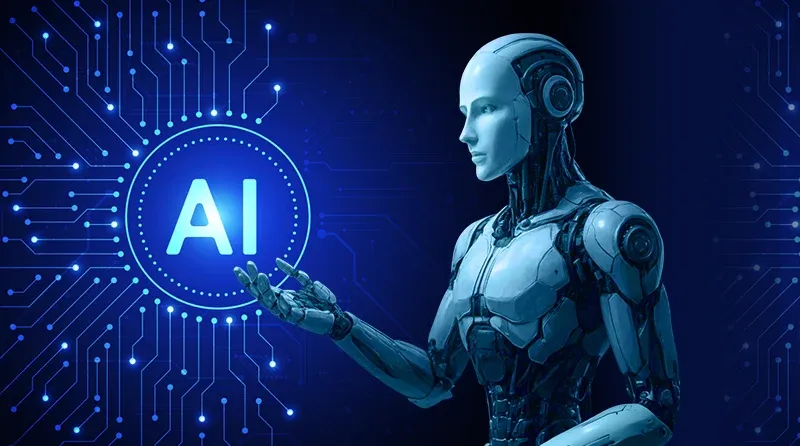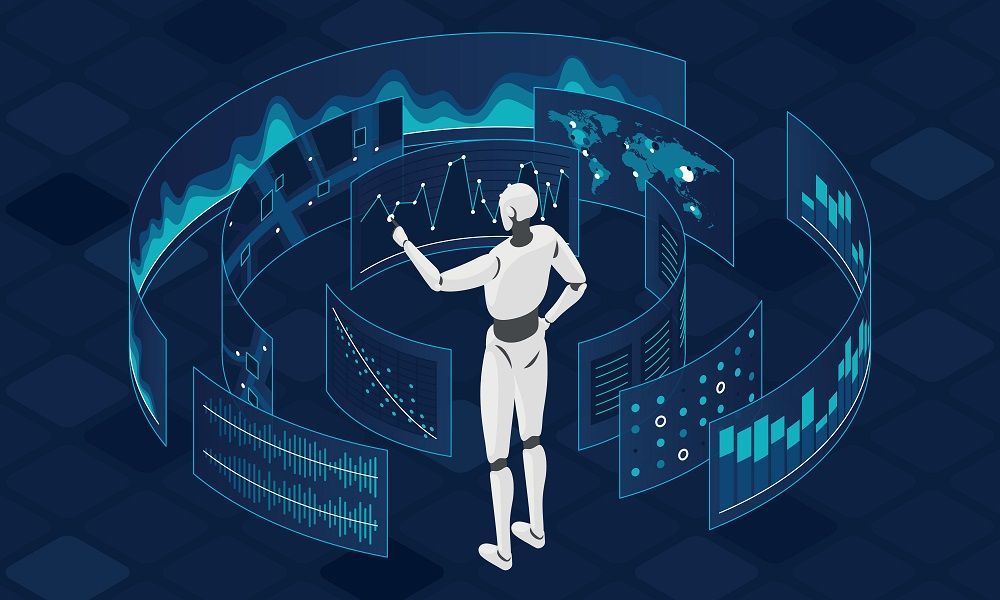
AI in Daily Life and Human Productivity
Artificial intelligence has become an invisible yet essential part of modern life. From the moment we interact with our phones to the way we shop online, AI quietly optimizes experiences, makes predictions, and personalizes interactions. Virtual assistants help manage schedules, answer questions, and even control smart home devices. Streaming platforms analyze viewing habits to recommend movies, music, or shows tailored to individual preferences, while e-commerce websites adjust their product suggestions to match browsing and purchasing patterns. These everyday applications are designed to save time, increase convenience, and enhance decision-making, yet most users are only minimally aware of the complexity behind these systems.
The impact of AI on productivity extends far beyond consumer convenience. In workplaces, AI automates repetitive tasks, analyzes large datasets, and generates insights that would take humans hours or even days to compile. Businesses leverage AI to forecast demand, optimize supply chains, and detect anomalies such as fraud or operational inefficiencies. In creative industries, AI tools assist in generating designs, editing content, or suggesting new concepts, allowing professionals to focus on more strategic or imaginative work. By handling routine or data-intensive tasks, AI frees humans to concentrate on decision-making, innovation, and complex problem-solving.

Healthcare illustrates how AI’s integration can produce profound outcomes. Algorithms analyze medical scans with remarkable accuracy, sometimes detecting patterns that humans might overlook. Predictive models assist in diagnosing conditions, managing patient care, and even identifying potential health risks before symptoms appear. AI is also accelerating drug research by simulating chemical interactions, identifying promising compounds, and predicting outcomes in ways that significantly shorten development timelines. These applications highlight not only efficiency but also the potential to save lives, showing that AI’s influence extends far beyond convenience and productivity into areas that directly affect human well-being.
Despite its many advantages, AI also presents challenges and ethical considerations. The reliance on algorithms can unintentionally reinforce biases present in the data they are trained on, leading to unfair outcomes in hiring, finance, or law enforcement. Transparency is often limited, as many AI systems operate as “black boxes” whose internal decision-making is difficult to interpret. Privacy is another concern, with AI systems collecting and analyzing massive amounts of personal information. Understanding these risks is critical for both individuals and organizations to ensure that AI is used responsibly and equitably.
Ultimately, AI in daily life demonstrates the delicate balance between opportunity and responsibility. When thoughtfully implemented, it can enhance productivity, streamline complex processes, and create entirely new possibilities for human creativity. At the same time, ongoing awareness of ethical considerations, fairness, and transparency is essential. By embracing AI intelligently, society can leverage its benefits while minimizing potential drawbacks, building a future where technology supports human potential rather than undermines it.
 Career & Business
Career & Business Ford sales surge 8.2% in Q3, led by trucks and EVs
**Ford’s (F)** US sales surged in the third quarter, led by its trucks and electrified vehicles. For...
 Personal Development
Personal Development Tips for Building a Strong Foundation for Personal Growth
Posted on 2025-09-02
Personal development is about consciously improving different aspects of your life through consisten...